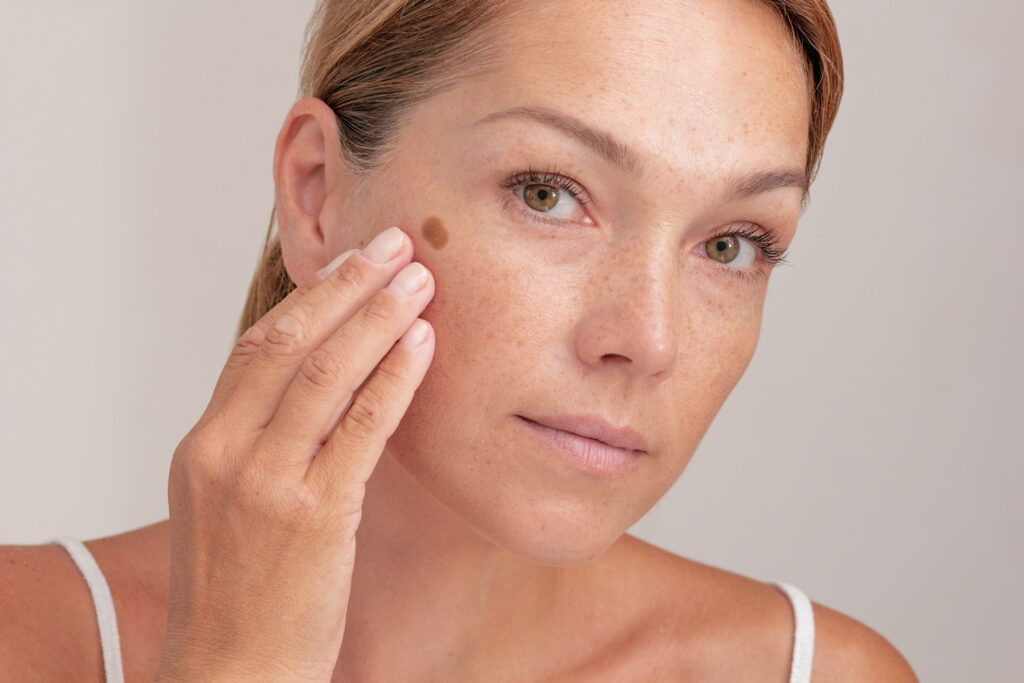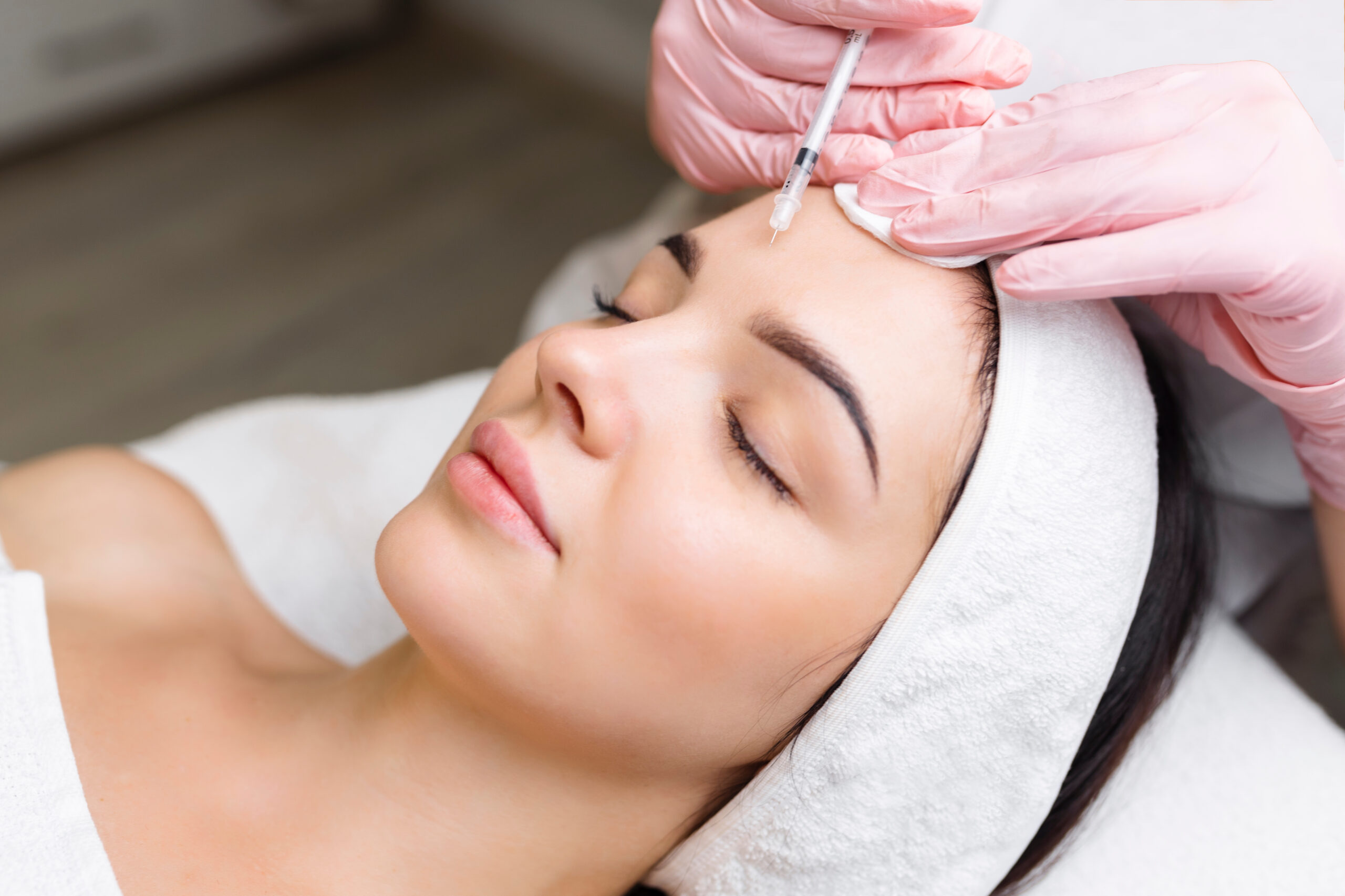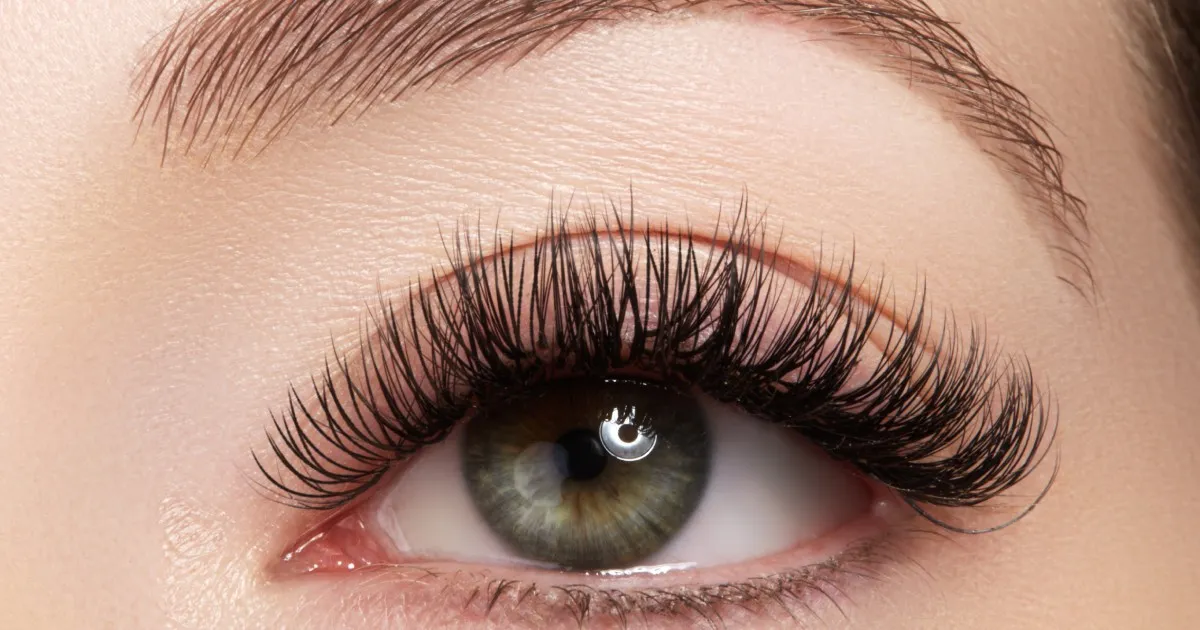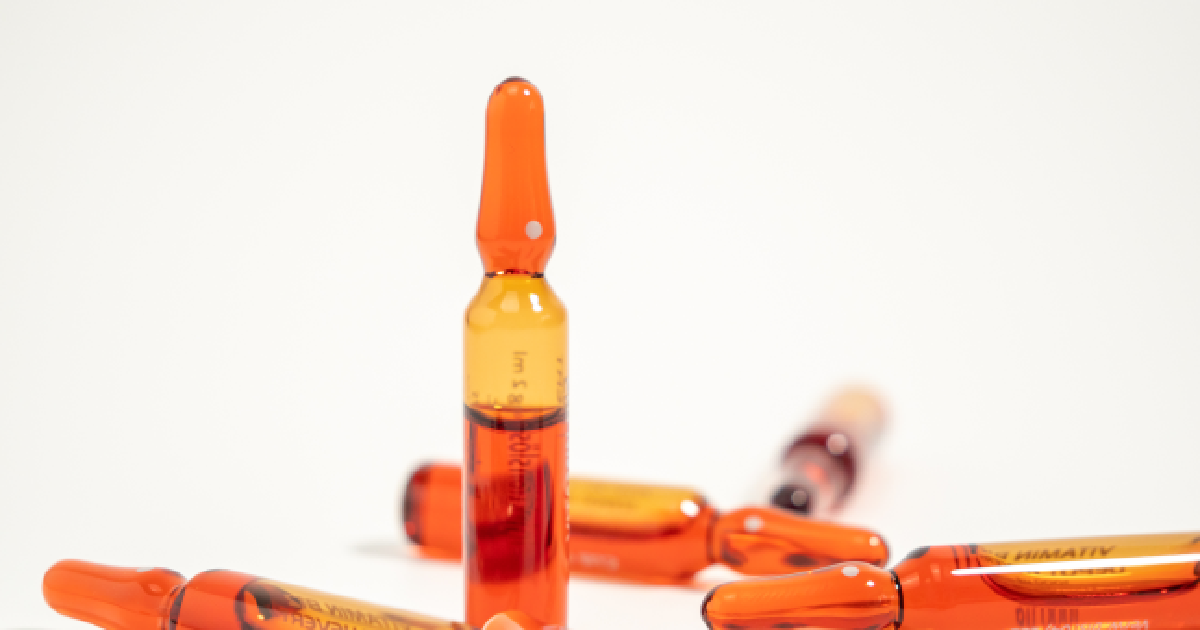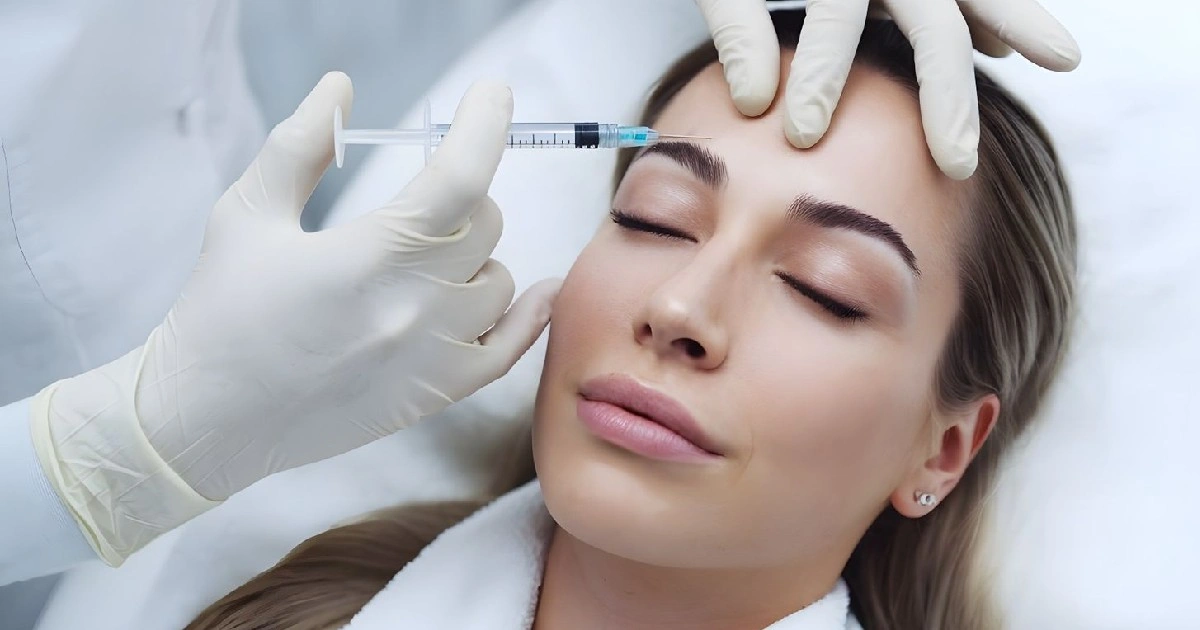Noticed a brown spot on your skin that has you concerned? You’re not alone. Brown spots, often referred to as hyperpigmentation or age spots, are common and typically harmless. However, not all spots are the same, and understanding their causes is key to maintaining healthy, radiant skin.
In this blog post, we’ll dive into what causes brown spots, whether they warrant concern, and what treatment options are available to help you regain your confidence.
What Are Brown Spots on Skin?
Brown spots are patches of skin that appear darker due to an overproduction of melanin—the pigment responsible for your skin’s color. These spots are especially common in areas frequently exposed to the sun, such as the face, hands, shoulders, and arms.
Some common types of brown spots include:
- Sunspots (Solar Lentigines): These develop due to prolonged sun exposure and are often seen on older adults.
- Melasma: This hormone-related pigmentation is commonly triggered during pregnancy or by birth control.
- Post-Inflammatory Hyperpigmentation (PIH): These spots arise after skin injuries like acne, cuts, or inflammation.
While these spots are usually harmless, they can occasionally indicate underlying health issues or more serious skin conditions. Explore our skin services to learn how we can help you manage your brown spots effectively.
What Causes Brown Spots on Skin?
The causes of brown spots vary, but here are some of the most common culprits:
1. Sun Exposure
Ultraviolet (UV) rays stimulate melanin production, leading to darkened patches over time. The American Osteopathic College of Dermatology emphasizes that wearing sunscreen daily can significantly reduce the risk of sun-induced spots and other forms of hyperpigmentation.
2. Hormonal Changes
Hormonal fluctuations, especially during pregnancy or menopause, can lead to conditions like melasma.
3. Aging
As you age, your skin’s ability to regenerate slows, making it more susceptible to hyperpigmentation.
4. Skin Injuries or Inflammation
Acne, cuts, or burns often leave behind residual pigmentation that can linger for months.
5. Medical Conditions
In rare cases, conditions like Addison’s disease can cause hyperpigmentation. If you suspect your spots are linked to a health issue, consult a healthcare professional.
Should You Be Worried About Brown Spots?
Most brown spots are harmless, but it’s crucial to monitor them for any changes. Keep an eye out for these warning signs:
- Irregular Borders: Spots with uneven or jagged edges could signal a problem.
- Color Variation: Spots that contain multiple colors (e.g., black, red, or white) warrant further investigation.
- Rapid Growth: Spots that grow quickly in size should be checked by a dermatologist.
- Itching or Bleeding: Spots that itch, bleed, or crust over may indicate a more serious condition.
The Skin Cancer Foundation recommends regular skin checks and consulting a professional if you notice any of these signs. Early detection can make a significant difference in addressing these potential issues.
Can Brown Spots Be Treated?
Absolutely! Several treatment options can reduce or eliminate brown spots, depending on their cause and severity:
1. Topical Treatments
Products containing hydroquinone, retinoids, or vitamin C can lighten hyperpigmentation over time.
2. Chemical Peels
These exfoliate the top layers of skin, promoting the growth of new, even-toned skin.
3. Laser Therapy
Advanced lasers can target melanin in the skin, reducing the appearance of dark spots effectively.
4. Microneedling
This minimally invasive treatment boosts collagen production and evens out skin tone.
Preventing Brown Spots
Prevention is always better than treatment. Here’s how you can reduce the risk of developing brown spots:
- Wear Sunscreen Daily: Use a broad-spectrum SPF 30 or higher to shield your skin from harmful UV rays.
- Avoid Tanning Beds: UV radiation from tanning beds is a leading cause of premature skin damage.
- Use Protective Clothing: Hats, sunglasses, and long sleeves provide an added layer of protection.
- Follow a Skincare Routine: Products containing antioxidants like vitamin C can protect your skin and brighten your complexion.
For more tips on prevention, check out this NIH article on melasma.
When to Seek Professional Help
If your brown spots are causing concern or you’re unsure about their cause, it’s time to consult a professional. At Live Vibrant, we specialize in personalized skincare solutions to help you achieve a clearer, more even complexion.
Early intervention is especially important for spots that show unusual changes. Trust the experts at Live Vibrant to provide accurate assessments and effective treatments.
How Live Vibrant Can Help
Brown spots on your skin are often harmless and manageable, but understanding their causes and knowing when to act can protect your skin health. Whether you’re aiming to prevent spots, treat existing ones, or ensure they’re not a sign of a more serious issue, professional guidance is invaluable.
Take control of your skin today. Book a consultation with Live Vibrant to discover how our expert treatments can help you achieve radiant, even-toned skin. Don’t let brown spots hold you back—let us help you feel confident in your skin again!
